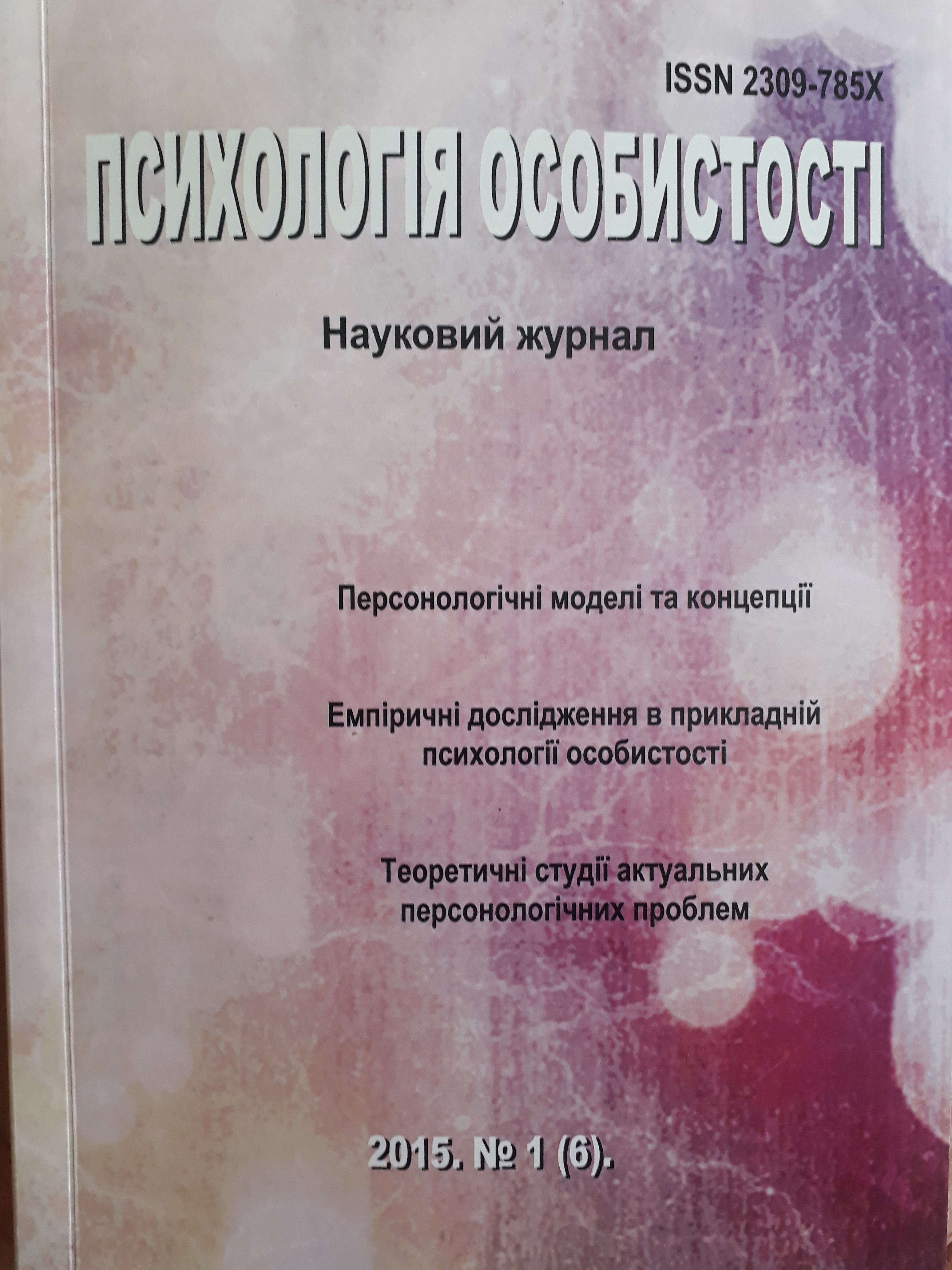ПОСТМОДЕРНІ СЕНТЕНЦІЇ ПОСТАТІ КІДАЛТ
DOI:
https://doi.org/10.15330/ps.6.1.129-138Abstract
Роботу присвячено розгляду постаті кідалт – дорослої дитини – як породження реальності постмодерну. Постульовано, що втеча 20-35-річними людьми від біологічного віку як бажання вдягатися у підліткові речі, використання омолоджувальних процедур, пошуки екстремальних вражень, відсутність інвестицій у тривалі стосунки та власність є закономірним для постмодерну процесом стандартизації молодіжного стилю життя, ювеналізації суспільства. Досліджено паралелізми у визначеннях постаті кідалт як символу незрілості, уникання відповідальності та втечі від ідентичності дорослого. Висвітлено основні підходи до розуміння кідалтс як вікової та діяльнісної групи з ракурсу різних дисциплін. Поява кідалтс з точки зору маркетингу регламентована дією реклами та масової комунікації для просування задоволення нагальних потреб споживача (відсутність логіки у закупівлях, колективна регресія), що засноване на попиті на товари без утилітарної цінності, на ефекті ностальгії за знайомими відчуттями, на прирості споживачів старшого покоління, на стандартизації молодіжного стилю життя. З огляду на соціальну сферу, кідалтс з’являються через поведінку лідерів з її толерантністю та навіть заохоченнями щодо закріплення ірраціональності у свідомості людини – індивідуалізму, приватизації, нарцисизму та прибутковості. Масова культура, у свою чергу, диктує кідалтс прихильність до дозвілля та насолод як до базових орієнтирів та продуктів розвитку та щастя. Антропологічні дані демонструють, що нове покоління, відмовляючись від авторитаризму, патріархату та маскулінності, шукає альтернативних способів досягнення зрілості, але натомість позбавляються ідентичності дорослого. Постнекласична психологія, пояснюючи появу кідалтс, орієнтується на поняття нелінійності й анахронічної моделі життя та втечі особистості від свого біологічного віку як від постульованих рамок.
Підкреслено, що такі типові риси та психологічні особливості кідалтс, як інфантильність, нарцисизм, ескапізм, високий рівень сугестивності, презентизм, відсутність змагальності та гасло "все й одразу" відкрили постмодерній особі простір для ґрунтовніших досліджень власної особистості, духовні пошуки та вільний вибір життєвого шляху.
The paper is dedicated to the kidult figure – childish adult – as a generation of postmodern reality. It is postulated that 20-35-yeared people escaping from their biological age by desire to dress up into teenage clothes, by anti-aging treatments, by searching of extreme experiences, by the lack of investments in long-term relationships and properties is a logical process of youth lifestyle standardization and juvenile society of postmodern times. The parallelisms for kidult definitions as the symbols of immaturity, responsibility avoidance and escaping from adult identity are investigated. There are also highlighted the major approaches to understanding kidults as the age and activities group from the viewpoint of different disciplines. The emergence of kidults from a marketing viewpoint is regimented by the advertising and mass media influence to promote the immediate satisfaction of consumer needs (lack of logic in purchases, collective regression) based on the demand for products without any utilitarian value, on the nostalgia effect for the familiar sensations, on the growth of consumers of the older generation, on the youth lifestyle standardization. On the assumption of the social sphere, kidults arise from the behavior of the leaders with its tolerance about and even promotions of the irrationality anchoring in human consciousness - individualism, privatization, narcissism and profits. Popular culture, in its turn, dictates to kidults the adherence to leisure and pleasures as the benchmark and the product of development and happiness. Anthropological data shows that the new generation, abandoning authoritarianism, patriarchy and masculinity, are looking for the alternative ways to reach maturity, but then shifting off the identity of adult. Postnonclassical psychology, explaining kidults appearance, is focused on the notion of nonlinear and anachronistic model of life and personality’s escape from the biological age as from the postulated frames.
It is emphasized that such typical traits and psychological characteristics of kidults as infantilism, narcissism, escapism, high level of suggestiveness, presentism, the absence of competitiveness and the slogan "all at once" have opened to postmodern personality the space for more solid researches of the self, spiritual searches and free choice of the life path.

